Electric vehicles (EVs) have gained significant popularity in recent years as a sustainable and eco-friendly mode of transportation. As the world moves towards reducing carbon emissions and combating climate change, many countries, including Malaysia, have embraced the transition to EVs, aligning with the global shift towards sustainable and technologically advanced transportation solutions as part of the transition to the Fourth Industrial Revolution (IR 4.0).
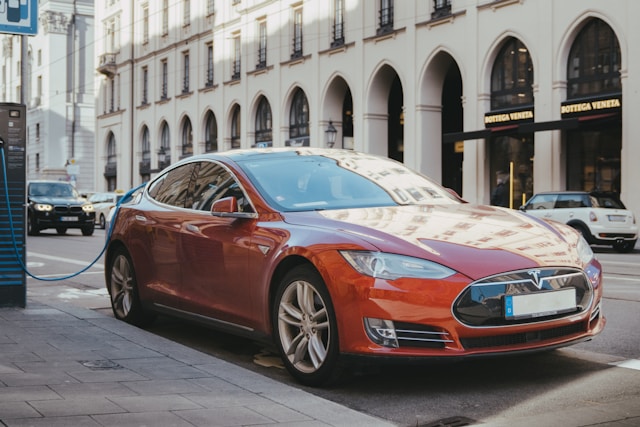
This article aims to provide an in-depth analysis of the electric vehicle market in Malaysia, including an overview of available models, pricing, government policies and incentives, charging infrastructure, environmental benefits, as well as the challenges and limitations faced by EVs in the country.
Recently, electric vehicles (EVs) have seen a notable surge in popularity across Malaysia. With the increasing concerns about air pollution and the depletion of fossil fuels, EVs have emerged as a promising solution to reduce greenhouse gas emissions and dependence on traditional fuel sources.
In regard to this matter, Malaysia has recognized the importance of transitioning to electric vehicles to achieve its environmental goals and promote sustainable transportation. Hence, there has been a growing interest in adopting EVs as a greener alternative. These adoptions are still in its early stages, but there has been a steady increase in the number of EV models available in the market. Both local and international car manufacturers have introduced electric vehicle models to cater to the growing demand.
The electric vehicle market in Malaysia has been growing steadily over the past few years, and there are now several models available for consumers to choose from. These models range from compact cars to SUVs, offering a variety of options to suit different needs and preferences.
One of the most popular electric vehicle models in Malaysia is the Nissan Leaf. The Leaf is a compact hatchback that offers a range of up to 311 kilometers on a single charge. It comes equipped with advanced features such as regenerative braking and a touchscreen infotainment system.
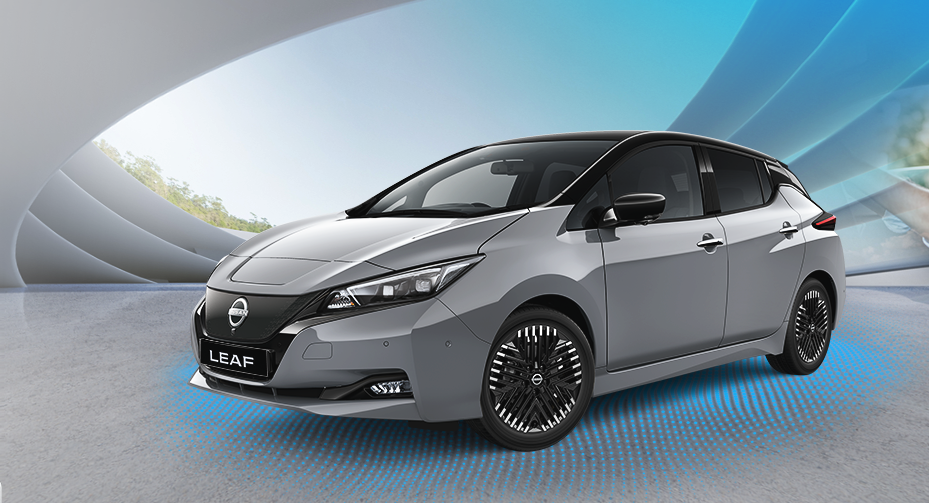
Another popular EV model is the Tesla Model S. The Model S is a luxury sedan that offers a range of up to 610 kilometers on a single charge. It boasts impressive acceleration and performance, making it a favorite among car enthusiasts.
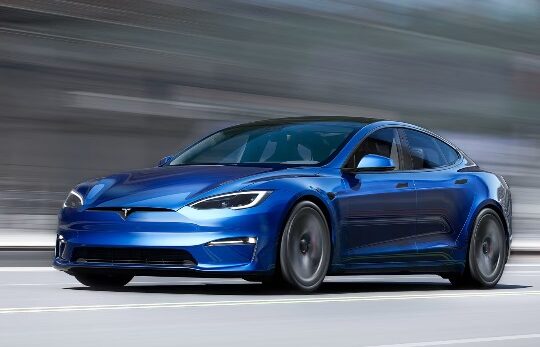
For those looking for a more affordable option, the Renault Zoe is a great choice. The Zoe is a compact hatchback that offers a range of up to 395 kilometers on a single charge. It comes with a spacious interior and a host of safety features.
Other electric vehicle models available in Malaysia include the BMW i3, Hyundai Kona Electric, and the Mitsubishi Outlander PHEV. These models offer a range of features and options, allowing consumers to find the perfect EVs to meet their needs.
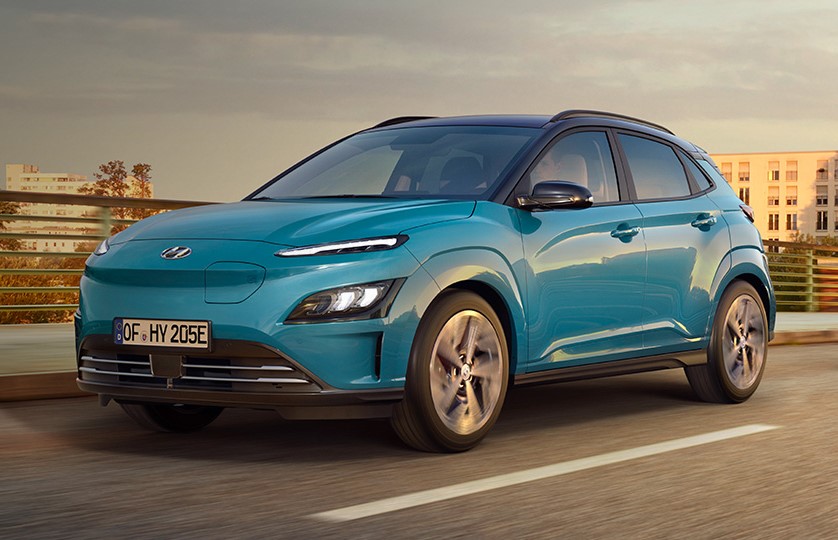
The prices of electric vehicles in Malaysia vary depending on the model and brand. Generally, EVs are more expensive than conventional petrol or diesel-powered vehicles. This is mainly due to the high cost of battery technology, which is a crucial component of EVs.
In Malaysia, the prices of electric vehicles range from around RM100,000 to over RM300,000. The more affordable EVs include models like the Nissan Leaf and the Renault Zoe, which are priced around RM100,000 to RM150,000. These models are popular among consumers who are looking for a cost-effective and environmentally friendly transportation option.
On the other hand, luxury EVs like the Tesla Model S and the BMW i3 are priced at the higher end of the spectrum, with prices exceeding RM300,000. These high-end electric vehicles offer advanced features, longer driving ranges, and luxurious interiors, making them a preferred choice for those who prioritize luxury and performance.
It is important to note that the prices of electric vehicles in Malaysia are influenced by various factors, including import taxes, government incentives, and the availability of charging infrastructure. As the demand for electric vehicles increases and technology advances, it is expected that the prices will gradually decrease, making them more accessible to a wider range of consumers.
The Malaysian government has implemented several policies and incentives to promote the adoption of EVs in the country. One of the key initiatives is the Green Technology Financing Scheme (GTFS), which provides financial assistance to individuals and companies for the purchase of EVs. Under this scheme, borrowers can obtain loans with low interest rates and longer repayment periods, making it more affordable to own an EV.
In addition to the GTFS, the government also offers tax incentives for EV owners. EVs are exempted from import and excise duties, reducing the overall cost of purchasing an EV. Furthermore, EV owners are eligible for a 50% reduction in road tax for a period of five years.
In addition to supporting the adoption of EVs, the GTFS also provides financial assistance to companies and individuals for the installation of electric vehicle charging stations in Malaysia. By subsidizing the cost of setup and installation, the scheme aims to encourage more widespread establishment of charging facilities, thereby increasing the accessibility and convenience of using electric vehicles.
To further encourage the use of EVs, the government has also implemented a network of charging stations across the country. These charging stations are strategically located in public areas such as shopping malls, office buildings, and residential areas, making it convenient for EV owners to charge their vehicles.
Moreover, the government has set a target to have 125,000 EVs on the road by 2030. To achieve this goal, various initiatives have been introduced, including the installation of fast-charging stations along major highways and the development of a comprehensive EV ecosystem.
In Malaysia, EVs are primarily powered by lithium-ion batteries, which provide a longer driving range compared to other battery technologies. These batteries can be charged using a standard electrical outlet or at dedicated charging stations.
The charging stations in Malaysia are primarily of two types: slow chargers and fast chargers. Slow chargers, also known as Level 2 chargers, provide a charging rate of around 3.6 to 7.2 kilowatts (kW) and can fully charge an electric vehicle in 6 to 8 hours. Fast chargers, on the other hand, can provide a charging rate of up to 50 kW or more, allowing for a quicker charging time of around 30 minutes to 1 hour.
To access the charging stations, EV owners in Malaysia can use various methods such as RFID cards, mobile apps, or online platforms. Some charging stations may require a membership or subscription, while others may offer pay-as-you-go options. While the charging infrastructure in Malaysia is still developing, the government has taken initiatives to encourage the installation of more charging stations.
One of the main advantages of EVs is their positive impact on the environment. The transportation sector is one of the largest sources of greenhouse gas emissions in the country, and EVs offer a sustainable solution to mitigate this issue. EVs produce zero tailpipe emissions, which means they do not release harmful pollutants such as carbon dioxide (CO2), nitrogen oxides (NOx), and particulate matter into the atmosphere. This is in stark contrast to conventional internal combustion engine vehicles, which are major contributors to air pollution and greenhouse gas emissions. By transitioning to EVs, Malaysia can significantly reduce its carbon footprint and improve air quality.
In addition, EVs also have the potential to decrease noise pollution. Unlike traditional vehicles with internal combustion engines, EVs operate quietly due to their electric motors. This can lead to quieter and more peaceful urban environments, especially in densely populated areas.
Furthermore, the production of EVs has the potential to be more environmentally friendly compared to conventional vehicles. While the manufacturing process of EVs still requires energy and resources, advancements in technology and the adoption of sustainable practices can minimize the environmental impact. For example, the use of recycled materials and the implementation of energy-efficient manufacturing processes can help reduce the carbon footprint associated with EV production.
Despite the numerous benefits of electric vehicles, there are several challenges and limitations that need to be addressed in Malaysia.
One of the main challenges is the limited availability of charging infrastructure in public areas. Currently, the development of charging infrastructure is still in its early stages, with efforts focusing on major cities such as Kuala Lumpur, Penang, and Johor Bahru. Despite these initiatives, the number of charging points remains relatively low compared to the number of electric vehicles on the road. This can result in long waiting times and inconvenience for EV owners.
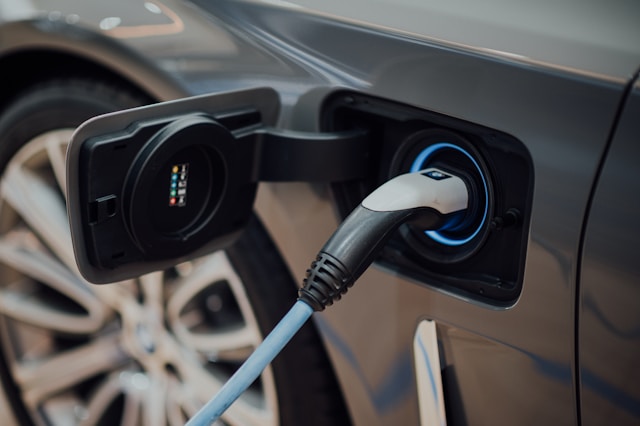
Additionally, the limited availability of charging stations in residential areas makes it inconvenient for EV owners who do not have access to a charging station at home and rely solely on public charging stations.
Another challenge is the compatibility of charging stations with different electric vehicle models. Some charging stations may only be compatible with specific brands or models, which can limit the options for electric vehicle owners. The availability of a compatible charging stations is crucial for the widespread adoption of electric vehicles in the country.
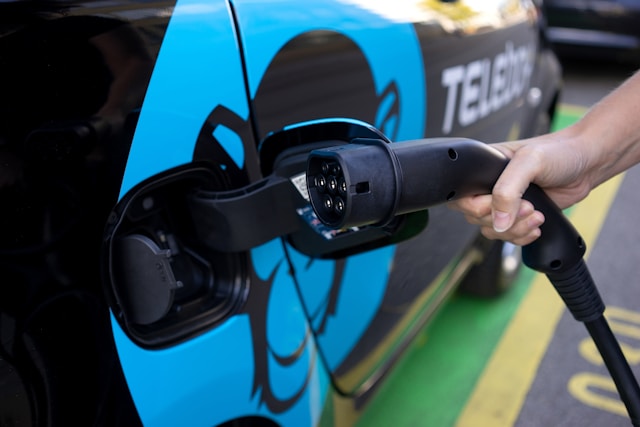
Another challenge is the high upfront cost of electric vehicles. Currently, electric vehicles are generally more expensive than the traditional vehicles. This can deter potential buyers from considering electric vehicles as a viable option. However, it is important to note that the cost of electric vehicles is expected to decrease in the future as technology advances and economies of scale are achieved.
Furthermore, the limited range of electric vehicles is a concern for many Malaysians. While most electric vehicles have a range of around 200-300 kilometers, this may not be sufficient for long-distance travel or for individuals who do not have access to charging infrastructure at their destination. Range anxiety, the fear of running out of battery power, is a significant barrier to the widespread adoption of electric vehicles.
In addition, there is a lack of public awareness and education about electric vehicles in Malaysia. Many Malaysians are still unfamiliar with the benefits and features of electric vehicles, and there is a need for more educational campaigns and initiatives to promote electric vehicle adoption. This includes providing information on the environmental benefits, cost savings, and government incentives associated with electric vehicles.
Lastly, the availability of spare parts and maintenance services for electric vehicles is another challenge. As electric vehicles are still relatively new in Malaysia, there may be limited options for servicing and repairing electric vehicles. This can result in longer waiting times and higher maintenance costs for EV owners.
The electric vehicle market in Malaysia is growing, with more models and charging stations becoming available, supported by government incentives. These vehicles offer environmental benefits like reduced emissions and improved air quality, along with a quieter driving experience. Despite challenges such as limited vehicle range and insufficient charging infrastructure, the outlook for electric vehicles in Malaysia remains positive. As technology improves and more investments are made in charging facilities, electric vehicles are poised to become a key part of Malaysia’s sustainable transportation future, aligning with the government’s goals to reduce carbon emissions.